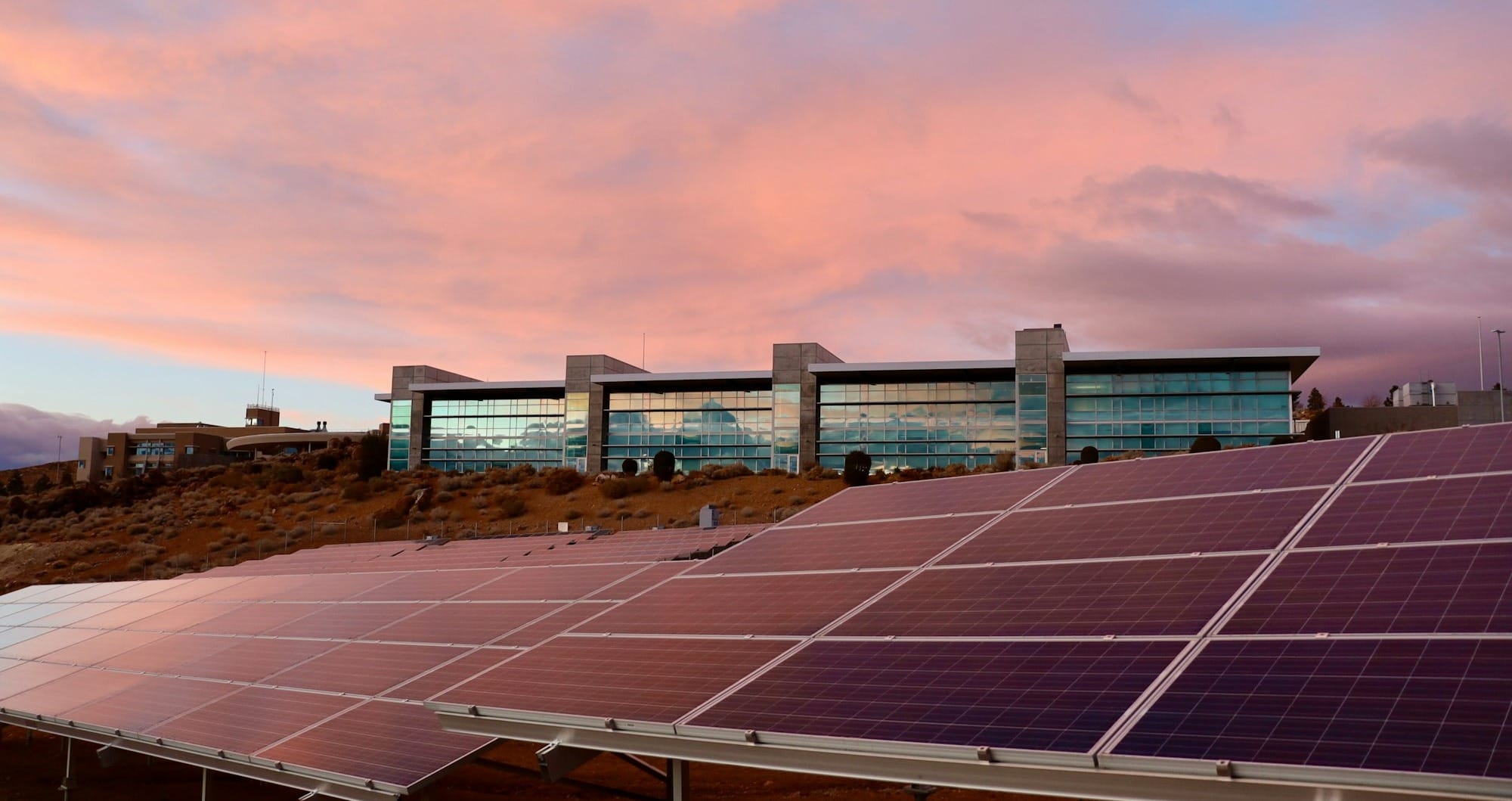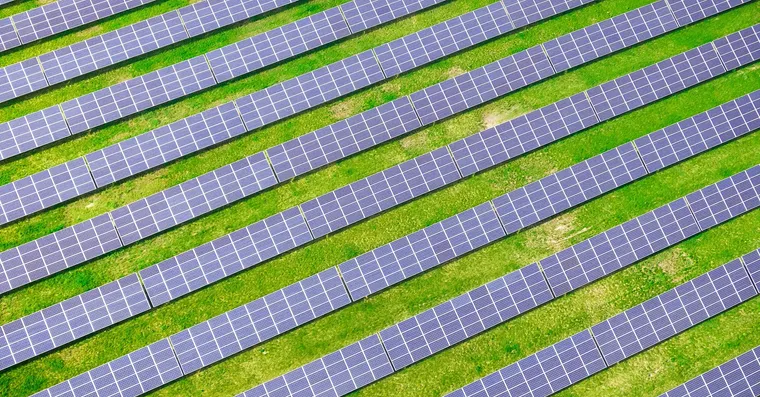Solar technology has steadily become more accessible, largely due to a promising financial landscape and continuous advancements aimed at making it the most cost-efficient energy source by 2050. It has the potential to alleviate the pressures of climate change, with government initiatives like SunShot 2030 further encouraging its uptake across private and commercial sectors.
The Green Revolution: Unveiling the Benefits of Solar Panels
You are standing at the forefront of a green revolution, where solar panels are leading the charge in combatting climate change and reducing dependence on fossil fuels. More than ever, residential and business owners are recognizing the immense benefit of solar energy, a powerful force that harnesses the sun's radiant light and heat to generate electricity. This renewable and sustainable energy source is consistently available worldwide and, because of its nature, promises an infinite supply.
This path paved by solar technology is not only environmental but also financial in nature. The installation of solar panels is increasingly considered a wise investment. As technology improves, we see the cost of solar energy drop rapidly, becoming an attractive option for many. Furthermore, the reduction in the use of other energy sources with larger environmental impacts due to solar energy usage can lead to positive, indirect effects on the environment – effectively, a two-fold benefit. But remember, while the sun's potential is massive, it is the responsibility of humankind to harness, convert, and use it judiciously.

Cost-Effective Energy: How Much Can You Save with Solar Panels
Imagine trimming those hefty monthly energy bills! Solar panels make this possible by converting sunlight directly into electricity. As solar technology improves, the cost of solar energy is dropping dramatically. In fact, solar energy is projected to be the least expensive energy to produce by 2050, with cost projections as low as half a cent per kilowatt-hour. A pursuit propelled by the U.S. Department of Energy through initiatives such as the SunShot 2030, which aims to reduce costs and dramatically boost solar electric power generation.
The financial benefits of solar panels go beyond merely reducing your electric bills. Homeowners may be eligible for federal tax credits for their solar panel investment, softening the initial installation costs. It's worth noting that while there are initial upfront costs, the savings earned over time can be substantial enough to offset the expense and, in the long run, provide significant cost savings. Not to mention, it's an investment in our planet's future, helping to combat climate change by reducing dependence on fossil fuels and their negative environmental impact.
An In-Depth Look at Federal Energy Credits for Solar Panels
The United States federal government recognizes the value of sustainable energy and helps citizens make the switch through generous energy credits for solar panel installation. As a homeowner, you get to benefit from the Federal Solar Tax Credit, officially known as the Investment Tax Credit (ITC). This program allows you to deduct a significant percent of your solar panel system costs from your federal taxes, a substantial savings boon that can offset much of your upfront costs.
To take full advantage of the ITC, you'll want to understand its reductions over time and eligibility requirements. Essentially, the federal tax credit amount reduces incrementally in the upcoming years. However, even at its lowest, it still offers a noteworthy discount on solar panel installation costs. Remember, to be eligible, you must own your solar panel system – leasing them or entering a Power Purchase Agreement (PPA) will not make you eligible for the credit. Be sure to consult with a knowledgeable tax professional and your solar provider to fully understand how these savings can benefit your transition to clean, renewable energy.
Solar Panels for Free: Is It Possible?
Tapping into the power of the sun for zero cost might appear as science fiction. Indeed, receiving solar panels for free is anything but straightforward, yet it isn't entirely unfathomable. This can be enabled through specific schemes and offers made by solar companies or governmental incentives. They are designed to promote the utilization of renewable, sustainable energy, practically offering homeowners an innovative, cost-effective, and environmentally-friendly means to acquire power.
An illustrative instance can be 'Solar Power Purchase Agreements' (PPA), where a third-party organization installs and maintains the solar panel system on your property at no cost. In return, you agree to purchase the solar energy it produces at a fixed rate, which is often lower than what traditional utilities offer. This method can significantly decrease your monthly electricity expenditure while also contributing to the betterment of the environment. As enthralling as it sounds, this offer may vary based on regional requirements and availability, hence, ensuring to examine the fine prints prior to signing up is always advisable.

